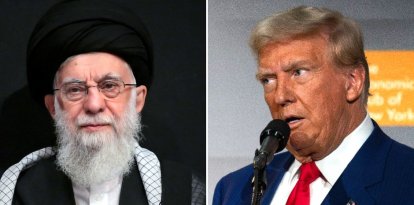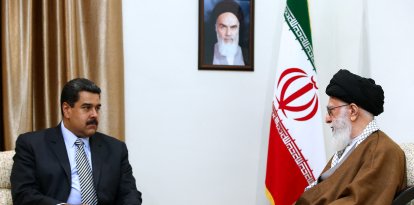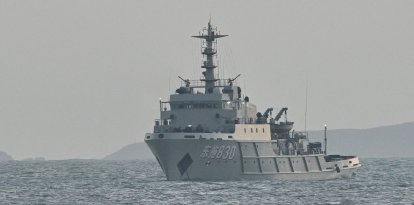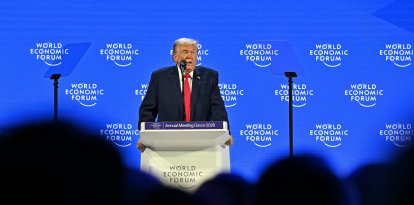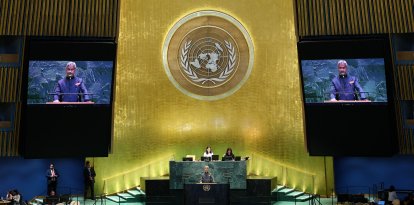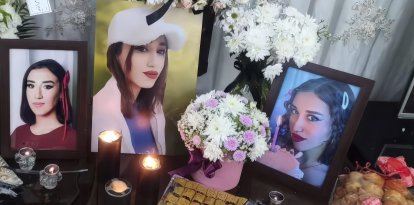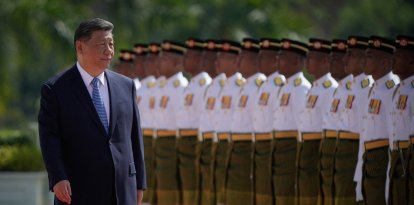Narcoterrorism takes over Ecuador
Until a few hours ago, the impression, albeit fictitious, was that Ecuador enjoyed both a political and social stability that was the envy of the rest of Latin America. When in reality, it was a pressure cooker biding its time before exploding.
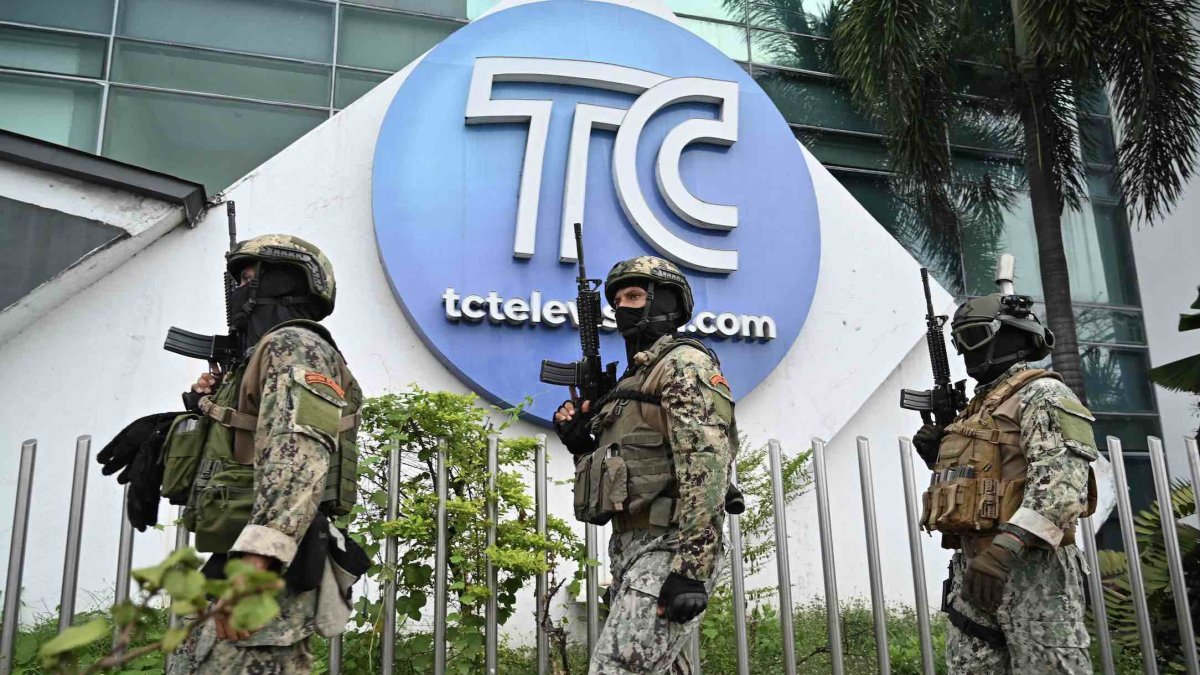
Narcoterrorism takes over Ecuador
After the disappearance of Adolfo Macias, better known as "Fito," from the Litoral prison in Guayaquil, Ecuador entered an unprecedented spiral of violence.
Fito is the head of Los Choneros, one of Ecuador's most fearsome and dangerous drug gangs, linked to the equally fearsome and powerful Sinaloa Cartel.
As I write this editorial, the following has just happened in Ecuador: criminals have taken over the facilities of TC, the state television channel; they have also taken over several prisons as well as the University of Guayaquil. There have been shootings in the historic center of Quito, and even in a school, leaving several children injured. All in a matter of hours.
Due to the violence, President Daniel Noboa, who has been in office for little more than a month, decreed a state of exception in which he declared an "Armed Internal Conflict" and identified more than ten criminal groups as terrorist organizations.
"I have ordered the Armed Forces to execute military operations to neutralize these groups," reported Noboa.
Until a few hours ago, the impression, albeit fictitious, was that Ecuador enjoyed both a political and social stability that was the envy of the rest of Latin America. But the truth has been exposed. It was really a Pax Ecuatoriana. A sort of pressure cooker that has finally exploded.
And then the recurring debates in Latin America arise: How deep is the problem? How powerful are the drug cartels? How involved are the politicians?
In addition to our responsibility, it should be said that former President Rafael Correa came out in solidarity with Noboa's government and condemned the assault on the Republic. However, it is inevitable to be suspicious.
A mere five monthd have passed since the cold-blooded assassination of the then-presidential candidate Fernando Villavicencio. Shortly before the crime, Villavicencio had sworn his will against drug traffickers and had denounced the relations of organized crime with Ecuadorian politics, particularly Correism - and, most notably, with Colombian politics.
Then, hundreds marched throughout Ecuador, shouting "Correa, assassin! Without intending to place blame, why has former President Correa been the main enemy of the brave prosecutor Diana Salazar, the woman who has led the fight against drug trafficking?
The violent moments that Ecuador is passing through are the darkest in a long time. All decent politicians -not only in Ecuador but also in Latin America- must come together to prevent the country from falling into a cycle of violence similar to the Medellin of the eighties in Colombia.
Incorruptibility, firmness, courage and decency will be the values that will allow the institutionality to overcome. Otherwise, the future could be far from clear.














